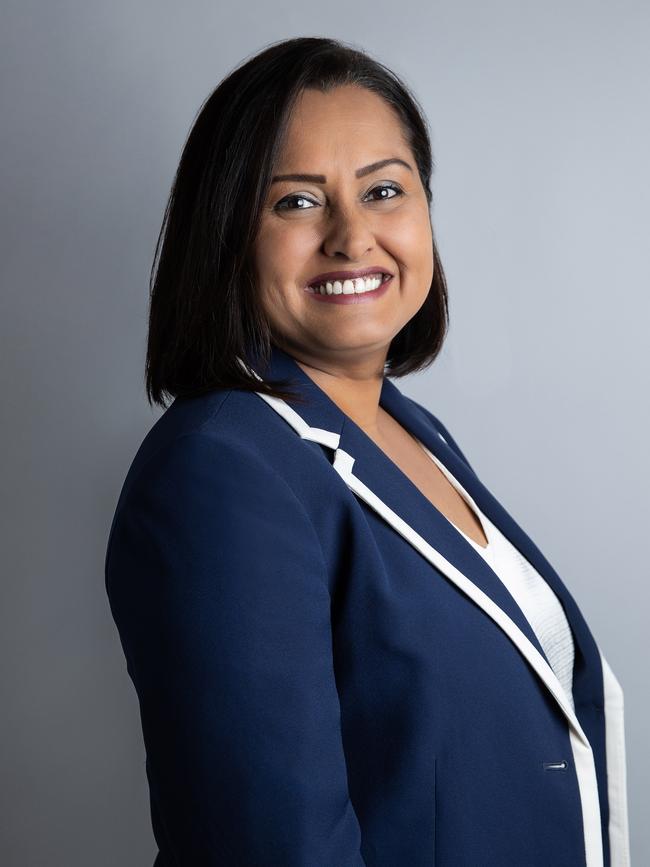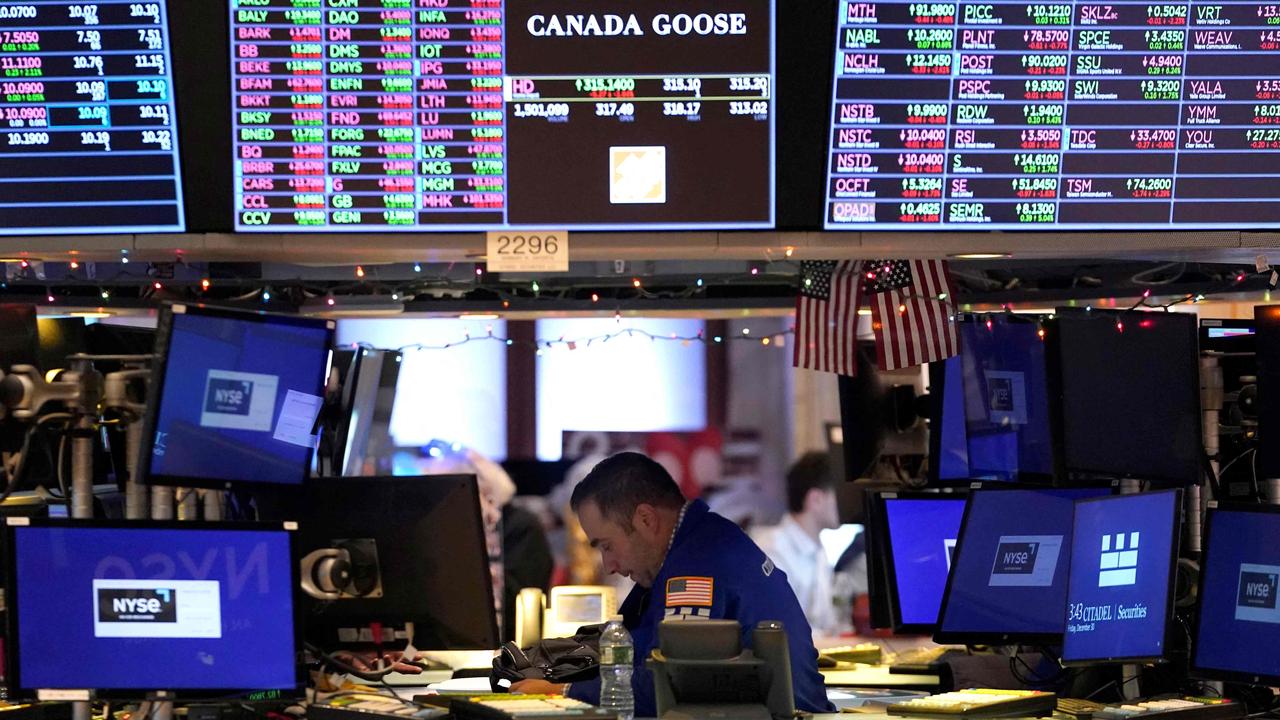More businesses hit by deep fake scams amid economic slowdown
Mastercard says Australian businesses are in the eye of financial fraudsters who are tricking a growing number with fake invoices, fraudulent emails and by impersonating executives.

Business
Don't miss out on the headlines from Business. Followed categories will be added to My News.
Scammers are fleecing tens of millions of dollars from Australia’s small and medium sized-businesses as a rapidly-rising number fall victim to fake invoices and other deepfakes, Mastercard says.
The global payment processor says 20 per cent of all businesses have been targeted by deepfake scams in the past year as a broader economic slowdown leaves many companies vulnerable due to an inability to invest in cyber security protection.
Mastercard Australia vice president of cyber and intelligence Mallika Sathi told The Australian there had been a sharp increase in deepfake scams as low-cost and advanced technology made it easier for scammers to create convincing fake visual and audio content.
“Consumers are aware of scams, but now that scammers are moving on to businesses, those companies are not as prepared for the use of Gen AI that can deceive and make invoices look convincing,” she said.
“We’re seeing scammers modify, intercept emails or invoices, change account details and send that out with a sense of urgency which pushes many employees to act quickly. We saw this year malicious actors impersonating executives to deceive staff into transferring funds into fraudulent accounts.”
A finance worker at a multinational firm was tricked into paying out $US25m ($37.3m) to fraudsters who used deepfake technology to pose as the company’s chief financial officer in a video conference call in February.
Financial fraudsters have increasingly targeted businesses and corporate executives, including Soul Pattinson chair Rob Millner, who unwittingly became another high-profile name targeted after becoming the victim of a scheme to steal his identity and sell his investments.
Ms Sathi said businesses were not prepared to counter the rise in deepfake scams, adding that businesses of all sizes were not immune and needed to ensure staff were aware of emerging threats.

“Nobody is immune, every business, regardless of size, needs to educate employees. That’s a low-cost starting point, but it requires an ongoing investment,” she said.
“It’s not just a once and done because the vectors continually change. It’s a matter of staying aware and staying abreast of these developments to ensure employees have the confidence to be able to spot it and report it.”
The Mastercard executive said education allowed staff to detect fake emails, attachments or scam calls, but businesses also needed to overhaul policies when dealing with personal information by taking steps to validate someone’s identity.
The increase of work from home and reliance on digital communication has left more opportunities for cyber criminals to exploit vulnerabilities, according to Mastercard, which has enabled them to essentially piggyback onto the communication channels between employees.
Mastercard commissioned research showing that out of those businesses that were scammed, 48 per cent did not report it. Over a third of those targeted reported an attempt to trick them out of a non-financial loss, such as identity theft or personal data.
Australian businesses have been targeted on average of four times over the past year with financial theft behind nearly 90 per cent of attacks, but less than a third of companies have implemented protocols for payment requests. Ms Sathi said the economic slowdown had left businesses open to attack by financial fraudsters.
“Many businesses are currently facing financial pressures, which can limit their ability to invest in robust cybersecurity measures, leaving them more vulnerable to these sophisticated scams,” she said.
An Australian Banking Association spokesman said banks were working around the clock to protect businesses from scams and were investing record amounts in the latest scam-fighting technology to combat the rising sophisticated tactics and the use of AI and deepfakes to steal more.
“The government’s new scam prevention framework must address the core problem of people being exposed to scams in the first place. That means ensuring telcos and the social media platforms have strong protections in place to stop scams reaching Australians,” the industry body said.
The government has proposed to tackle the increase in scams through its external dispute resolution scheme, which “will provide victims with a clear pathway for redress”, with the Australian Financial Complaints Authority’s oversight creating “end-to-end accountability across the initial designated sectors”.
The plans to introduce mandatory industry codes that will require banks, social media giants and telcos to have measures to prevent, detect, disrupt, respond to and report scams.
Originally published as More businesses hit by deep fake scams amid economic slowdown



